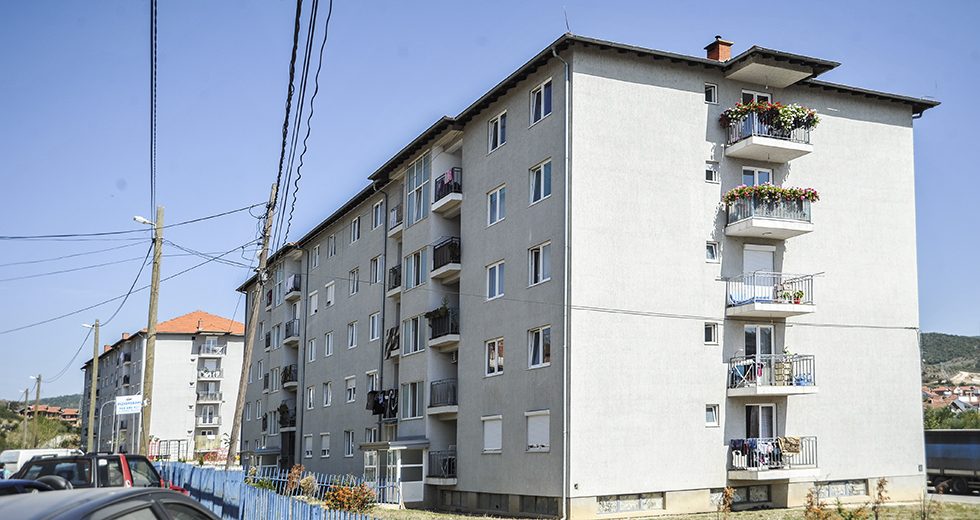
Stuck in social housing: Kosovo’s weak policies and lack of commitment
Kosovo's weak policies and lack of commitment to disadvantaged.
My husband doesn’t have a job but he stands out in the street and offers to chop wood for people. Sometimes he gets no work at all but on some days he makes maybe 5 euros,
Selvie Haliti
Gjeta Gjyshinca
Gjeta Gjyshinca was an editorial intern at Kosovo 2.0. She lives in London and recently graduated from the University of Bristol with a masters in mathematics and computer science.
This story was originally written in English.